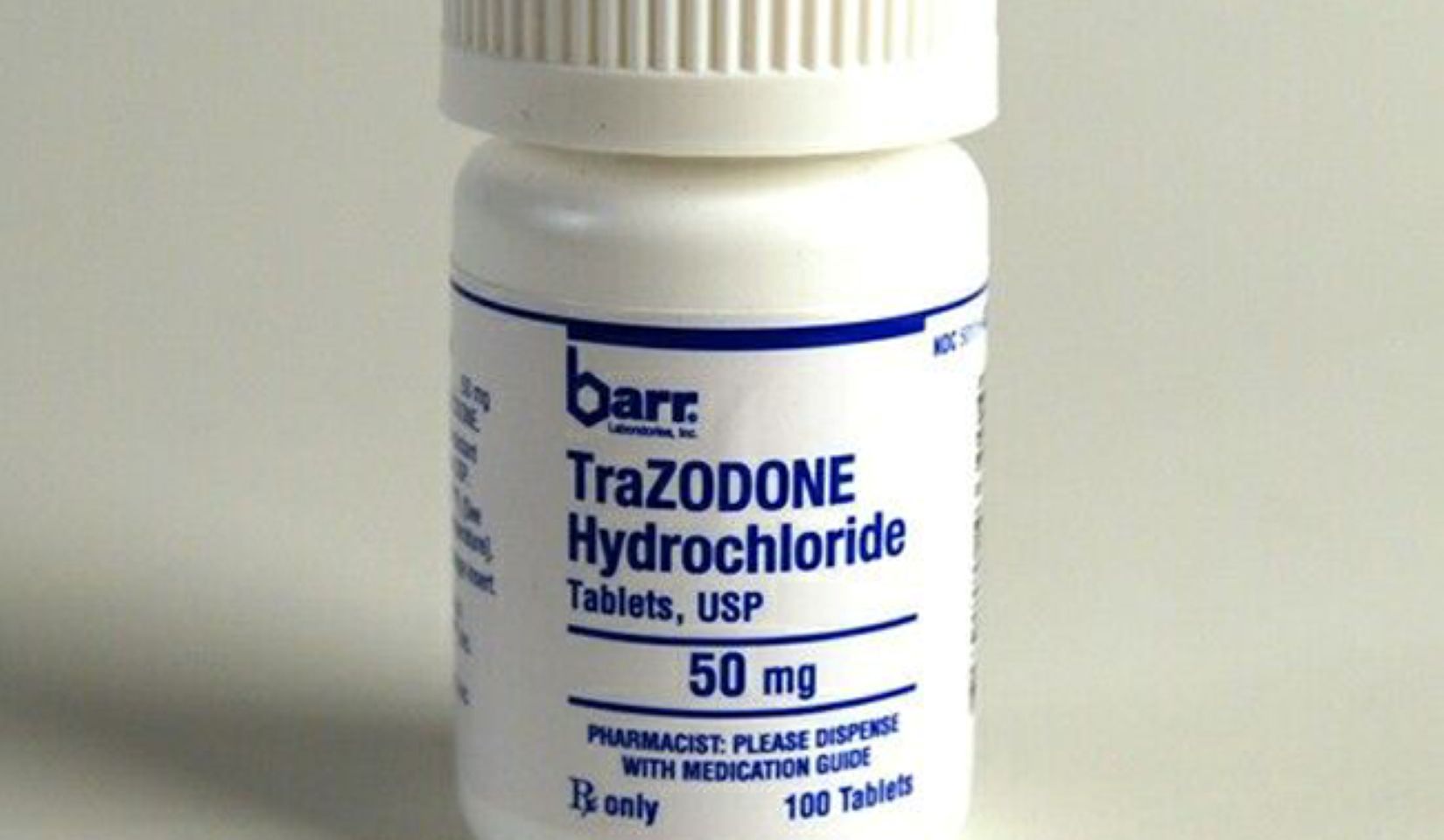Trazodone is a prescription medication initially approved by the FDA in the 1980s for the treatment of major depressive disorder. It belongs to a class of drugs known as serotonin antagonist and reuptake inhibitors (SARIs), which work by altering serotonin levels in the brain to improve mood. While the medication has shown effective for treating depressive disorders, Trazodone is used more and more as an adjunctive medication (AKA off-label). In fact, more than 27 million Trazodone prescriptions were written in the United States in 2022.
How Trazodone Works?
Trazodone increases serotonin availability in the brain by inhibiting its reuptake and blocking certain serotonin receptors. Unlike selective serotonin reuptake inhibitors (SSRIs), trazodone also has sedative effects due to its antihistamine and alpha-adrenergic blocking properties. These characteristics make it commonly prescribed off-label for insomnia.
Effectiveness for Depression
Clinical studies and decades of real-world use have shown that trazodone can be effective for treating depression, especially in patients with concurrent insomnia or anxiety. However, it is generally considered less effective or slower-acting than first-line antidepressants like SSRIs or serotonin-norepinephrine reuptake inhibitors (SNRIs).
Trazodone may be more suitable for:
- Patients who cannot tolerate the side effects of other antidepressants
- Those with depression accompanied by sleep disturbances
- Individuals needing adjunctive treatment when other antidepressants are insufficient

Trazodone Side Effects & Drug Interactions
Trazodone’s most common side effects include drowsiness, dizziness, dry mouth, and headache. Rare but serious side effects include priapism (a prolonged, painful erection) and cardiac arrhythmias. Because of its sedative effects, it is often prescribed at lower doses for sleep rather than at higher antidepressant doses.
The medicine interacts with a variety of medications, supplements, and substances. These interactions can increase the risk of serious side effects and include alcohol, Benzos, antihistamines, opioids, and more. Inform you doctor about all prescription and over-the-counter medicines you are taking.
Off-Label Uses of Trazodone
While trazodone is officially approved by the FDA for the treatment of major depressive disorder (MDD), it is commonly prescribed off-label for several other conditions due to its sedative and anxiolytic properties.
Insomnia: Trazodone is widely used off-label to treat sleep problems, often at lower doses than those required for depression. Its sedative effects, caused by antihistamine and alpha-adrenergic blocking activity, make it helpful for initiating and maintaining adequate sleep.
Anxiety Disorders: It is sometimes used for generalized anxiety disorder (GAD). Although it’s not a first-line treatment, it may be helpful for patients who experience both anxiety and sleep problems.
PTSD: Some psychiatrists use it to address nightmares and sleep disturbances associated with PTSD. It’s particularly beneficial when symptoms include disrupted sleep or heightened arousal.
Chronic Pain and Fibromyalgia: The medication may be prescribed to improve sleep quality in patients with fibromyalgia or chronic pain syndromes, though it is not a direct analgesic.
Agitation in Dementia: Trazodone is occasionally used off-label to manage agitation or behavioral disturbances in elderly patients with Alzheimer’s disease or other dementias.
Final Thought
While Trazodone has shown to be a useful medication for depression, the drug’s off-label uses largely assist with anxiety, and sleep problems. Though not FDA-approved for these indications, it is frequently prescribed in combination with other medicines. As with any off-label use, treatment should be guided by a healthcare professional.
About Celadon Recovery
Celadon is a comprehensive addiction and mental health treatment center located along the shores of the Caloosahatchee River in Fort Myers, Florida. With a full-continuum of care including detox, residential, and outpatient programs, we are committed to quality substance use and co-occurring disorder care. Call us today at 239-266-2141.





